Debunking the Myth of the “Relaxed Drunk”
Personal injury accidents, often referred to as slips and falls, resulting from the over consumption of alcohol is a much overlooked but equally prevalent issue as drinking and driving. This risk is profoundly exacerbated by the connection between alcohol and anxiety, which impairs critical risk assessment. Personal injury and civil lawyers need to be well informed about the combined impact of alcohol consumption and anxiety on the severity of personal injury.
How Alcohol and Anxiety Increase Slip and Fall Risks
Alcohol is a major risk factor for accidental slips and falls (WOA60503) and, contrary to urban myth, the consumption of alcohol does not mitigate the severity of these incidents. The physiological state influenced by alcohol and anxiety creates a perfect storm for accidents. Since retiring from the Centre of Forensic Sciences, I have been involved in several civil cases in which the injured slip/trip/fall victim was suing the property owner where the accident occurred. Interestingly enough, these victims were found to have had a high BAC. [NOTE :The hospital serum alcohol results usually reported as ETHANOL or ETOH in mmol/L can be converted into a BAC of g/100mL by multiplying by approximately 0.004]. As this is such an important issue for personal injury lawyers and coroner’s investigations, I have devoted a whole section in my book – Wigmore on Alcohol – on the subject of slips and falls.
The relative risk (RR) of accidental personal injury increases with increasing BAC, as is shown in the table below (WOA60502).
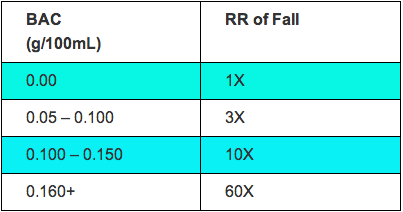
This risk curve is often steeper in individuals where alcohol and anxiety coexist, as both conditions disrupt normal cognitive and motor functions.
The Mechanisms of Impairment: A Forensic Breakdown
There are numerous reasons why alcohol consumption, particularly when linked with anxiety, is a significant risk factor for accidental slips and falls:
- Increases body sway and postural imbalance (WOA60501, WOA60506): This physical instability is a direct effect that compromises balance.
- Impairs visual tracking for guiding stepping (WOA60507): Alcohol disrupts the coordination between the eyes and limbs necessary for safe movement.
- Impairs ability to assess risky or dangerous situations: This is a critical intersection where alcohol and anxiety converge. Anxiety can cause hyper-vigilance or paralyzing fear, while alcohol impairs judgement, leading to catastrophically poor decision-making in potentially hazardous environments.
- Potentiates orthostatic hypotension (WOA60508): A sudden drop in blood pressure upon standing can cause dizziness and blackouts, leading to a fall.
- Causes a slower and less appropriate reaction (WOA60503-5): Neurological delays prevent the body from reacting quickly enough to prevent a fall.
- Increases drowsiness (WOA60510): Sedation reduces overall awareness and reaction time.
The Biomechanics of Injury: Why Drunks Dont Fall Softly
The slower and less appropriate reactions to a fall causes a greater incidence of craniofacial injuries and a greater severity of injury as the protective response of extending out-outstretched hands to break the fall are inhibited by alcohol. This results in a lower incidence of limb injury but a greater force being transmitted to the head when it strikes the ground in intoxicated pedestrians (WOA60504). The myth of the relaxed drunk is dangerously inaccurate.
As professionals in the scientific and legal community, it behooves us to “share the knowledge” and attempt to dispel yet another urban myth – that drunk pedestrians suffer less injury when they fall because they are “relaxed”. We know this to be in error. Understanding the complex relationship between alcohol and anxiety is not just academic; it is essential for properly evaluating liability and the true extent of damages in any personal injury case involving intoxication.
*All the references cited may be found in WOA 2E in the appropriate section according to the number.”
Alcohol and Anxiety FAQs
How does alcohol consumption relate to personal injury accidents?
Alcohol is a major risk factor for slips, trips, and falls, significantly increasing the likelihood and severity of personal injury accidents.
Does being drunk make you less injured in a fall?
No, this is a dangerous myth. Intoxication leads to more severe injuries, particularly head injuries, as protective reflexes are impaired.
What is the connection between alcohol and anxiety in injury cases?
Alcohol and anxiety can combine to severely impair judgment and risk assessment, increasing the likelihood of accidents in hazardous situations.
How does alcohol affect physical balance?
Alcohol increases body sway and causes postural imbalance (WOA60501, WOA60506), making slips and falls much more likely.
Why do intoxicated people often suffer head injuries in falls?
Alcohol slows reaction times, preventing the protective response of putting hands out to break falls, resulting in more force transmitted to the head (WOA60504).
How do you convert hospital alcohol test results to BAC?
Hospital serum results (mmol/L) can be converted to BAC (g/100mL) by multiplying by approximately 0.004.
Does alcohol make people drowsy and increase fall risk?
Yes, alcohol increases drowsiness (WOA60510), reducing awareness and reaction time to hazards.
How does alcohol affect vision in relation to falls?
Alcohol impairs visual tracking for guiding stepping (WOA60507), disrupting coordination between eyes and limbs for safe movement.
What is orthostatic hypotension and how does alcohol affect it?
Orthostatic hypotension is a sudden blood pressure drop when standing. Alcohol potentiates this effect (WOA60508), causing dizziness and blackouts.
Why is this information important for personal injury lawyers?
Understanding how alcohol increases injury severity and impairs judgment is crucial for properly evaluating liability and damages in injury cases.
Recent News
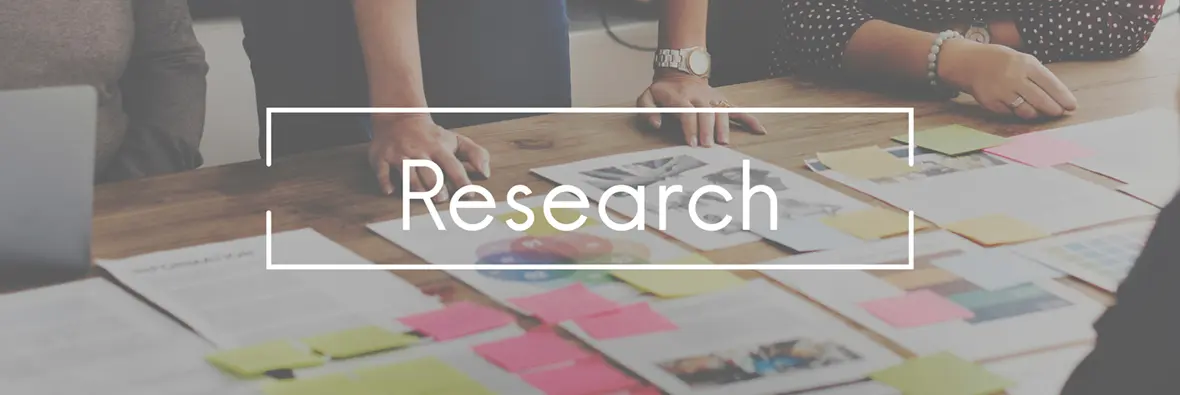
Ethyl Alcohol Study: Top 80 Over 80 Research
Ethyl alcohol impairment takes centre stage in the groundbreaking “Top 80 Over 80” research from...
Read More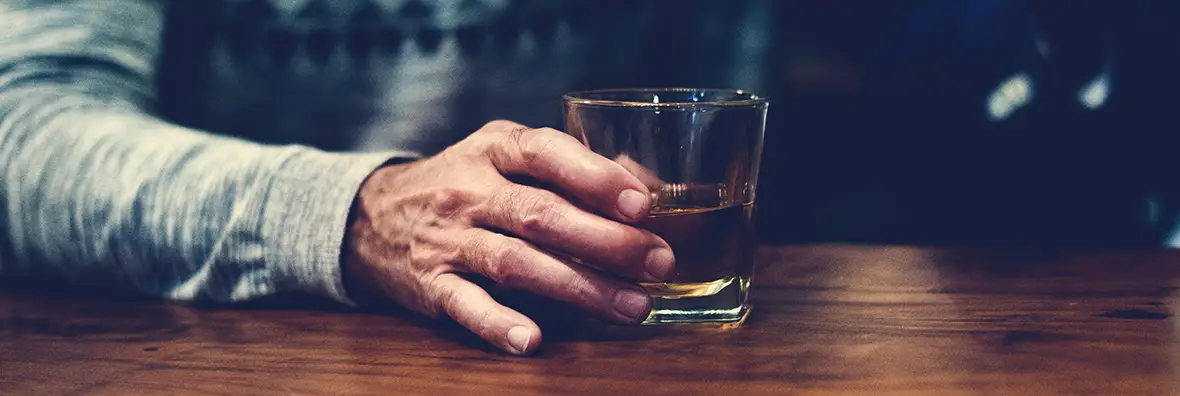
A Toxicology Definition Perspective: Does Gastric ...
Gastroesophageal Reflux Disease (GERD) is a digestive disease that occurs in approximately 10 to 20%...
Read More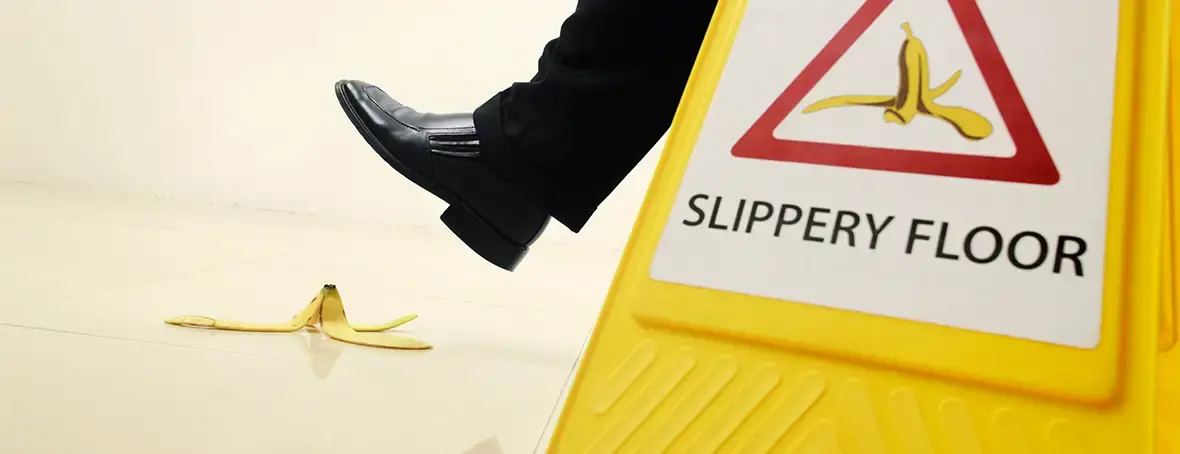
Debunking the Myth of the “Relaxed DrunkR...
Personal injury accidents, often referred to as slips and falls, resulting from the over consumption...
Read More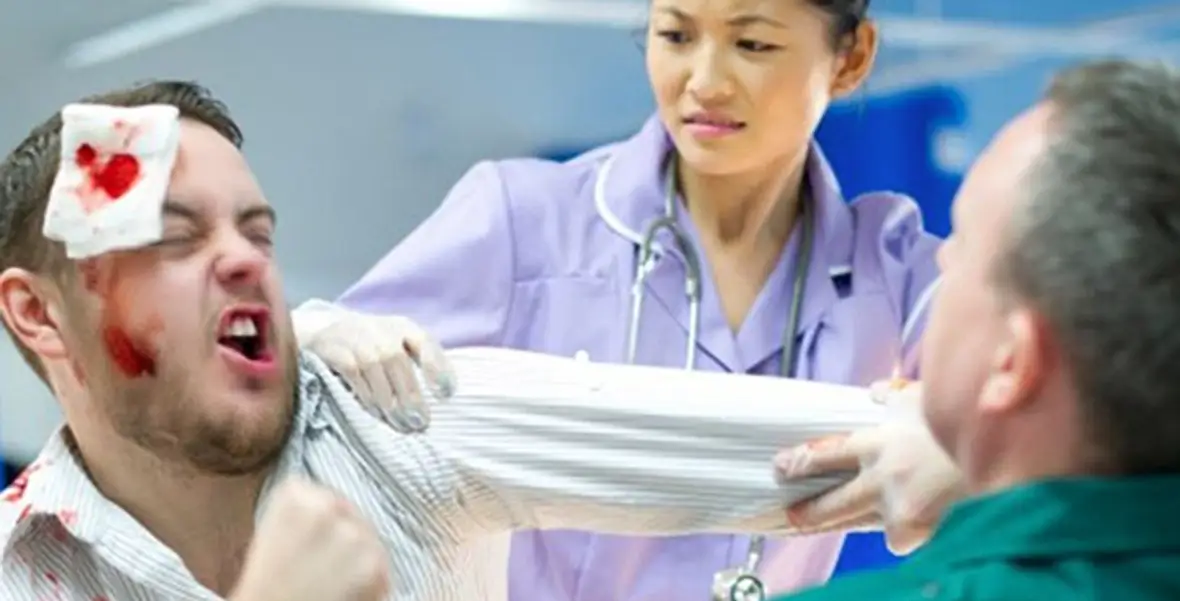
Alcohol Poisoning: Are Hospitals Releasing Drunk P...
A critical question in emergency medicine involves the potential dangers of premature discharge for patients...
Read More